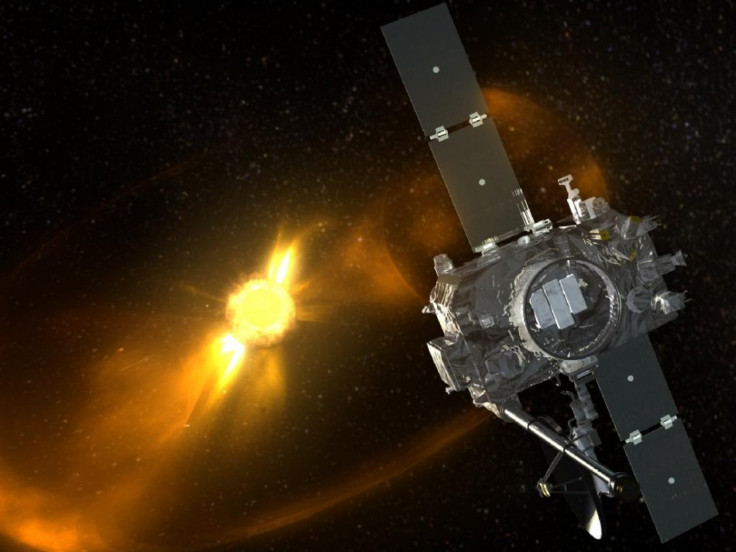UK Scientists Plan to Revive 'Dead' 1970s Satellite

A group of scientists and engineers are hoping to revive a unique British satellite that has been in orbit since the early 1970s.
The satellite, called Prospero X3, is the first and last UK satellite launched by a British rocket, which occurred in 1971. To commemorate the 40th anniversary of the launch, a British PhD student wants to locate the old satellite and reestablish communication for the first time since 1996.
First, we have to re-engineer the ground segment from knowledge lost, then test the communications to see if it's still alive, Roger Duthie, a PhD student from University College London's Mullard Space Science Laboratory, who is leading the recovery effort, told the Space Boffins podcast.
Prospero was designed to investigate the orbital space environment, and its mission was completed in 1973. However, it stayed in orbit and was contacted by scientists annually for more than 20 years.
The team, who refer to themselves as Astro-archaeologists due to the nature of the project, said the task of reestablishing communication did not start easily, since the group who used to make contact with the satellite has been disbanded and communication codes were thought to be lost.
We talked to the people involved in Prospero, searched through dusty boxes in attics and tried the library at [the Royal Aircraft Establishment in Farnborough], Duthie told BBC News, adding that the codes were eventually located on a sheet of paper in the National Archives at Kew, London.
Now, the team must build custom equipment to transmit the signal and get permission from the British broadcast regulator Ofcom to use the radio frequency now utilized by other satellites that are in orbit.
Scientists plan to test the technology to see if communication with Prospero is still possible before attempting a public demonstration. If the satellite is still functional, Duthie said some of its experiments may still be working.
It's an artifact of British engineering; we should find out how it's performing, he said.
© Copyright IBTimes 2024. All rights reserved.





















